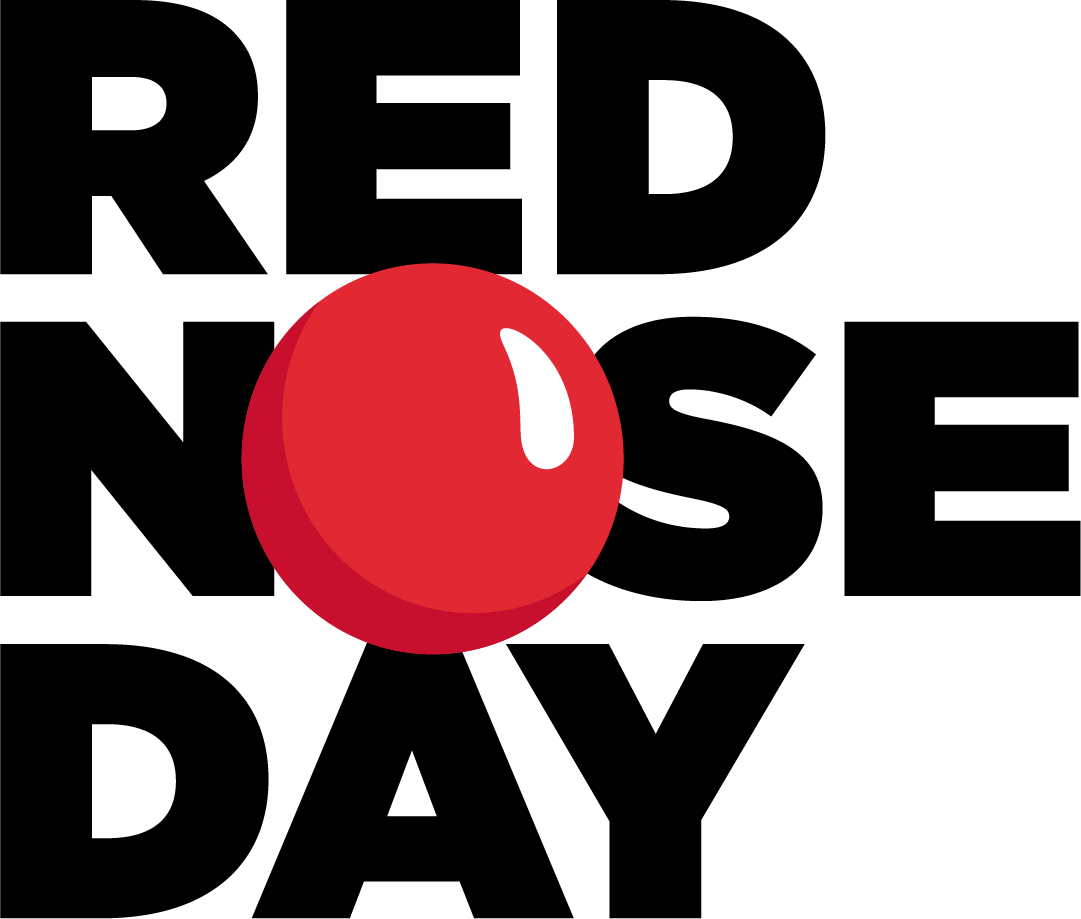
Protecting Children from Polio
In most parts of the world, children will never have to worry about being paralyzed by polio. But wild poliovirus is still considered endemic in Nigeria.
Parts of the country have been mired in conflict since Boko Haram launched attacks against ordinary Nigerians and many families have been forced to live in Internally Displaced Persons camps. Children are especially vulnerable, not just to violence but also to disease.
One of those children is Aminu*. He lives in a camp called the Muna Garage in Maiduguri, Borno State in Nigeria. Thanks to the generosity of people like you, Animu was able to receive the oral polio vaccine.
Rotary uses money raised during Red Nose Day to fight polio in Nigeria. The organization’s work to end polio has a direct impact on children. If reached in time, they will never face the threat of this vaccine-preventable disease.
As recently as 2008, Nigeria reported nearly half the polio cases in the world, with 800 children paralyzed by the disease**. Though Nigeria managed to bring its wild poliovirus case count to zero in 2015**, the country experienced an outbreak the following year as insecurity prevented health workers from reaching children in some parts of Borno State. Because of continued vaccination campaigns by Rotary and its partners in the Global Polio Eradication Initiative (GPEI), that outbreak was contained, and Nigeria has gone two years without a case of wild poliovirus.
To make sure the most vulnerable are protected from an easily preventable disease, Rotary and its GPEI partners have strengthened surveillance methods to better detect the virus in areas of conflict.
Today, Rotary and its partners are focused on reaching families not just at home, but in the places where hard-to-reach children live and play. For example, a recent campaign** in Nigeria immunized more than 5,000 children in markets; more than 10,000 children in camps for internally-displaced persons; and 2,500 children in nomadic camps.
Polio mainly infects children under the age of 5. It can’t be cured but it can be prevented. People all around the world have come together to beat this terrible disease, and it’s working. Polio rates have decreased by 99.9% in the past 30 years, from 350,000 cases in 1988 to 22 reported cases in 2017.*** Due to sustained efforts and support from people like you, we are closer to eradicating this disease, and ensuring a world in which all children are free from polio’s paralyzing impact.
* Name has been changed to protect privacy.
** According to Rotary International
*** According to the World Health Organization


